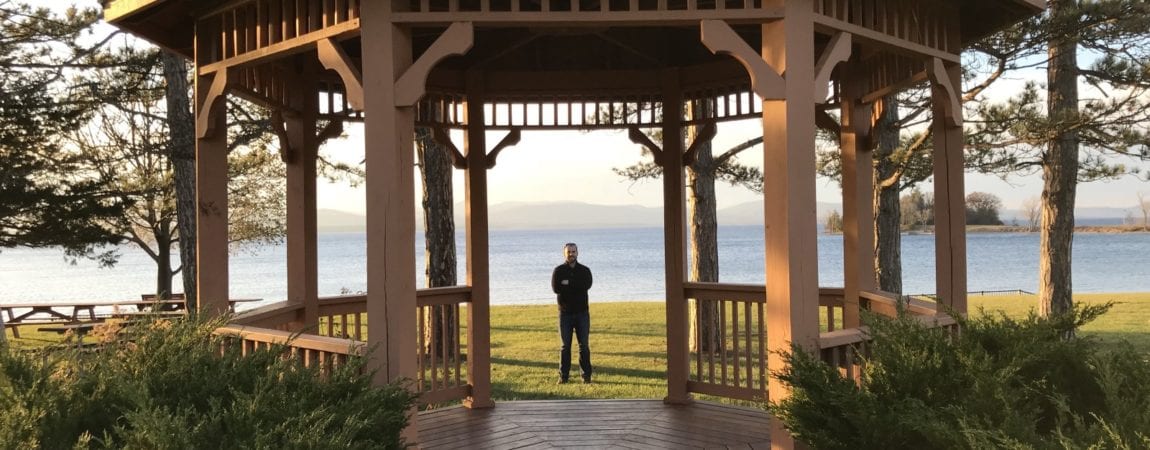On Boy Scouts, fast cars, and a fruitful engineering career
By Caroline Osterman I’ve been building things since I was a kid,” Brian recalls. When I asked him how he decided to become an engineer, he reminisced about his lively, inventive childhood. He would build whatever he could get his hands on — Lego spaceships, toy rockets and planes, dams in the stream out back.“From the first rocket that we blew up, I knew I wanted to be an engineer.”Brian became a true leader in the Boy Scouts of America. The youth organization — Boy Scout Troop 602 of Shelburne, Vermont — fostered both character development and leadership in a young Brian. His growing affinity for engineering took the stage when he led a program in his community to build a gazebo on the town beach.
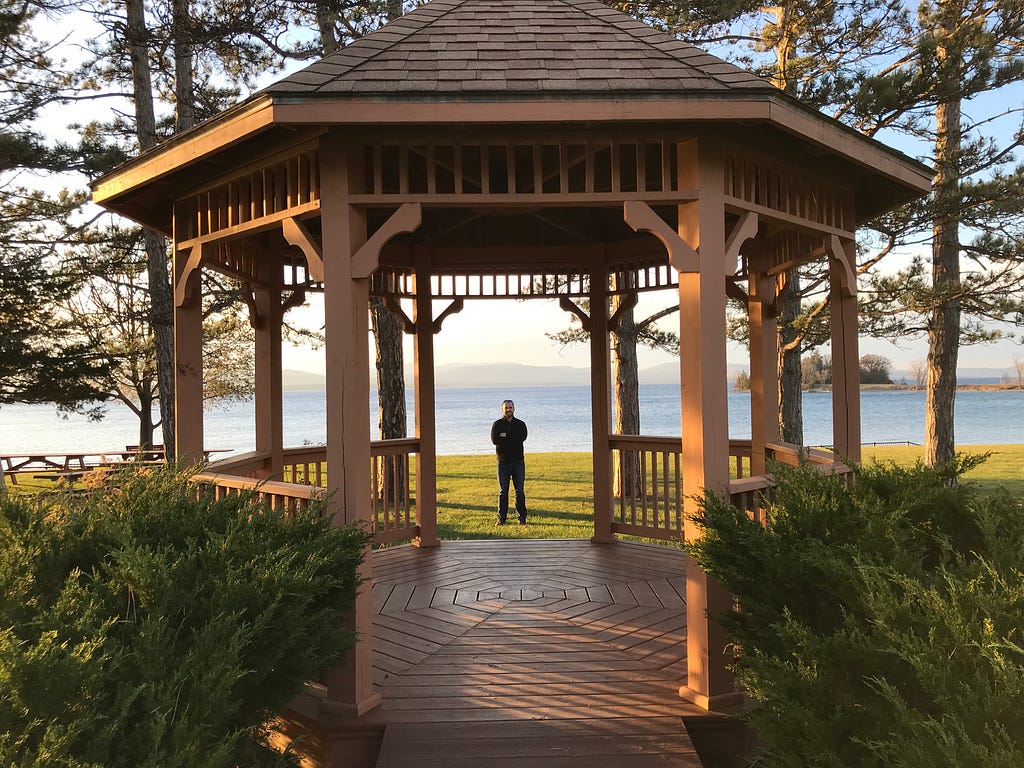
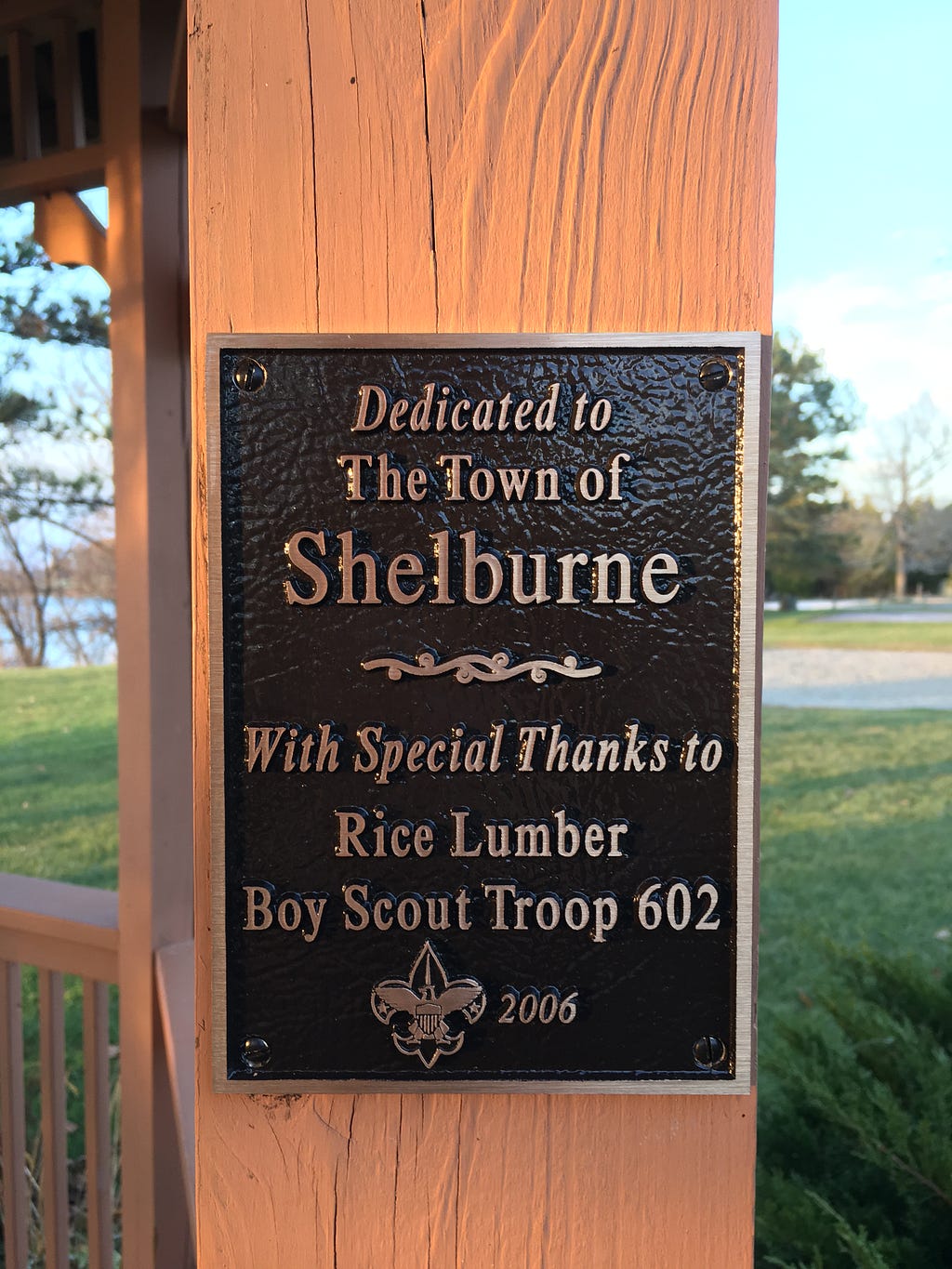
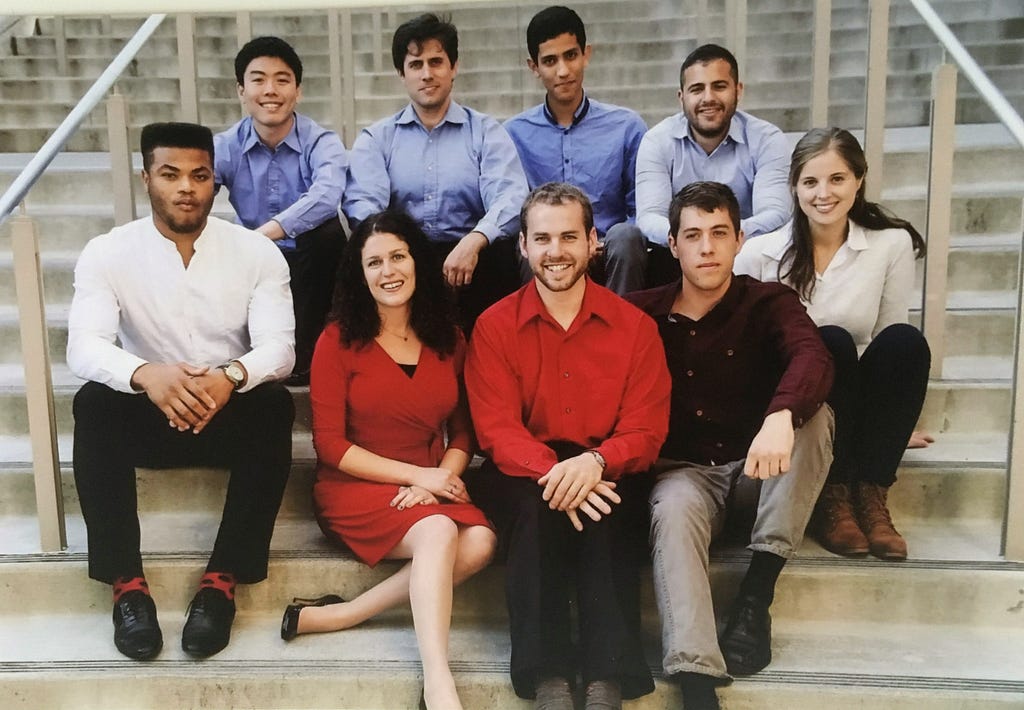
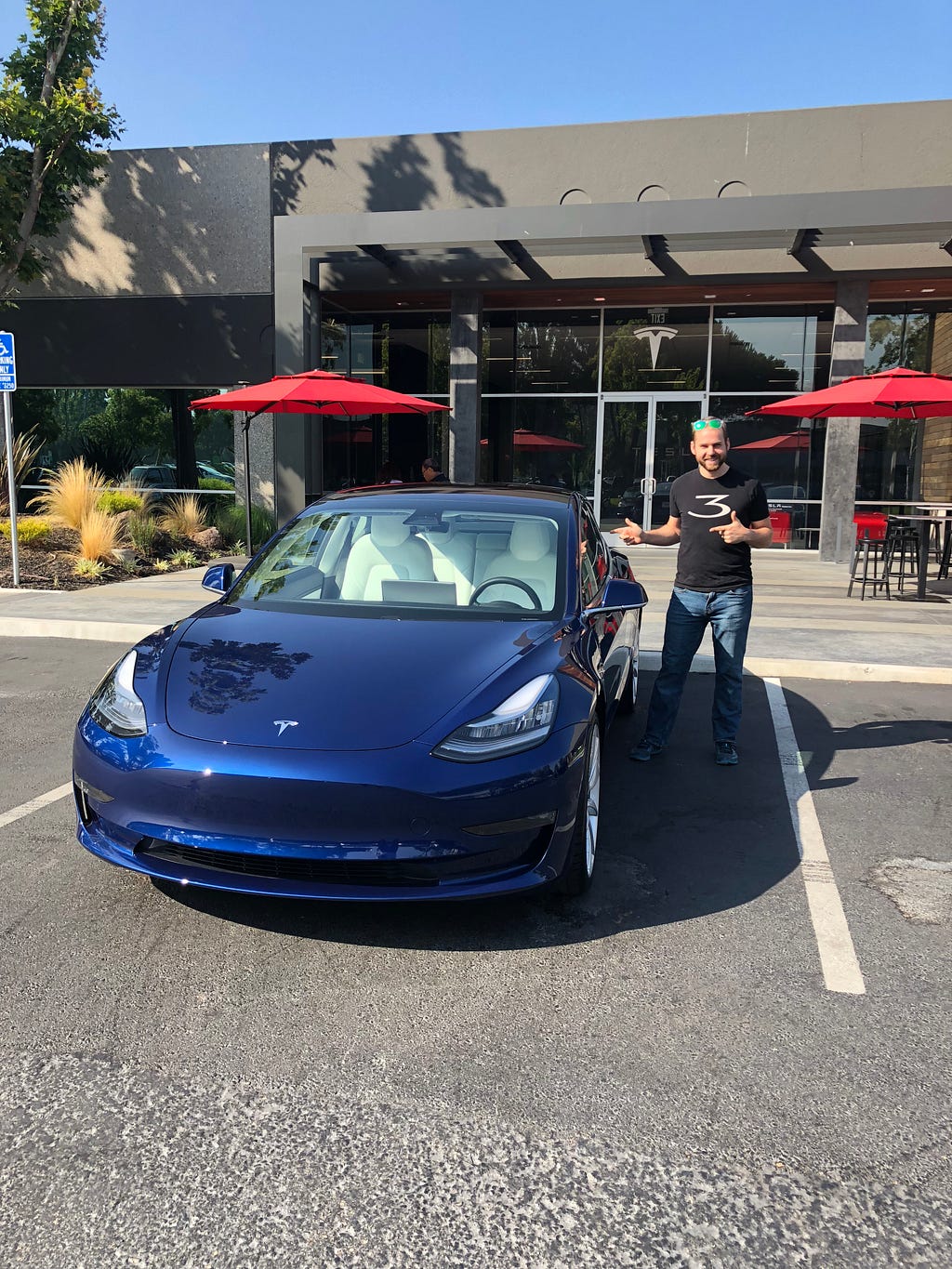
“I told him about my background and how I really wanted to be at Tesla,” Brian recalls. “He handed my resume to a recruiter, and the rest is history.”Networking isn’t the only ability that has proved to be valuable in Brian’s career. He attributes his skills in leadership, presenting, persuading, negotiating to the Berkeley MEng program. “Anyone (well, most anyone) can solve equations and spin numbers — it takes people skills to create change in an organization,” Brian explains. “You need to have persuasive arguments, friendly banter, calm demeanor. You can’t crack during a presentation to the executives!” Finally, Brian leaves MEng students with some key pieces of advice:
- Network, network, network.
- Listen up in Entrepreneurship class. Learn to persuade others to lend you their time or money.
- Listen to Alex Beliaev — I remember everything he ever taught me and it’s all still valuable today.
- Don’t forget to see Napa, SF, Half Moon Bay, San Jose, and Mount Diablo. There is a lot of neat stuff around — don’t get stuck in school for a whole year.
- A Master’s degree is optional. You should want it. There is no reason to get anything less than an A if you want the degree. Work hard, study hard.
Brian Mick: ‘It takes people skills to create change in an organization’ was originally published in Berkeley Master of Engineering on Medium, where people are continuing the conversation by highlighting and responding to this story.


